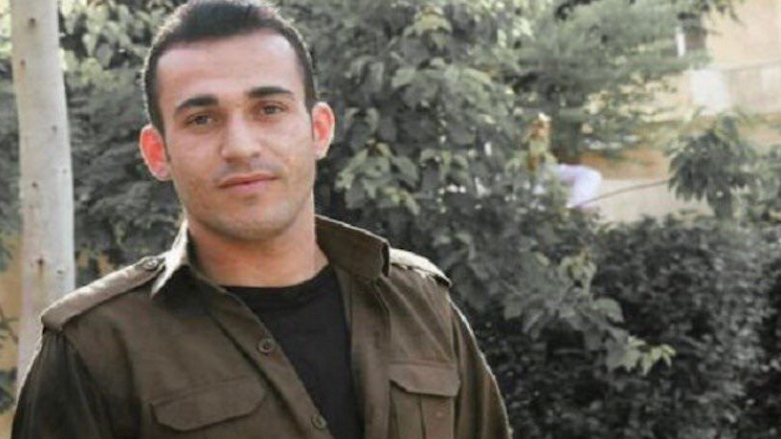Kurdish activist sentenced to death in Iran launches hunger strike

ERBIL, Kurdistan Region (Kurdistan 24) – A 24-year-old Kurdish activist in Iran who was sentenced to death earlier this month began a hunger strike on Saturday to protest his unfair trial.
Ramin Hossein Panahi was handed the death penalty by an Iranian court in Sanandaj (Sina), Kurdistan Province on Jan. 15 for “acting against national security” and being a member of the Kurdish opposition group, Komala.
Panahi, who has spent nearly 200 days in solitary confinement, has launched a hunger strike in a Sina prison to protest his death sentence, according to his family members.
Following the verdict, the Kurdish activist’s lawyer, Hossein Ahmadi Niaz, told Iran Human Rights (IHR) that he has “20 days to request an appeal which I will do, and I hope that the Supreme Court will consider the objection.”
“My client does not deserve this punishment,” Niaz added. “He was arrested after an armed dispute, but he believes that he didn’t use a gun and he was shot and passed out immediately; therefore, it wasn’t an armed dispute.”
In June, the Islamic Revolutionary Guard Corps (IRGC) of Iran shot dead three members of Komala and took an injured Panahi into custody.
Panahi, who was shot three times, was reportedly transported to a hospital in Sina, the provincial capital of Kurdistan, but was then taken into custody half an hour later before receiving proper treatment.
In September, the family told Kurdistan 24 that the whereabouts and condition of Panahi were unknown as Iranian intelligence authorities refused to reveal details about his detention.
Panahi’s family urged rights organizations and the public to pressure the central government in Tehran into providing the political prisoner with medical treatment and a fair trial.
In response, Iran Human Rights Documentation Centre, Association for Human Rights in Kurdistan of Iran-Geneva (KMMK-G), and other rights groups urged Iran to release the political prisoner and provide him with medical attention and a lawyer.
“Enforced disappearance is a crime under international law and places individuals at serious risk of extrajudicial execution, torture, and other gross human rights violations,” Amnesty International said regarding Panahi’s case.
The Panahi family has lost several members in the past few years to Tehran’s suppression of the Kurdish opposition.
